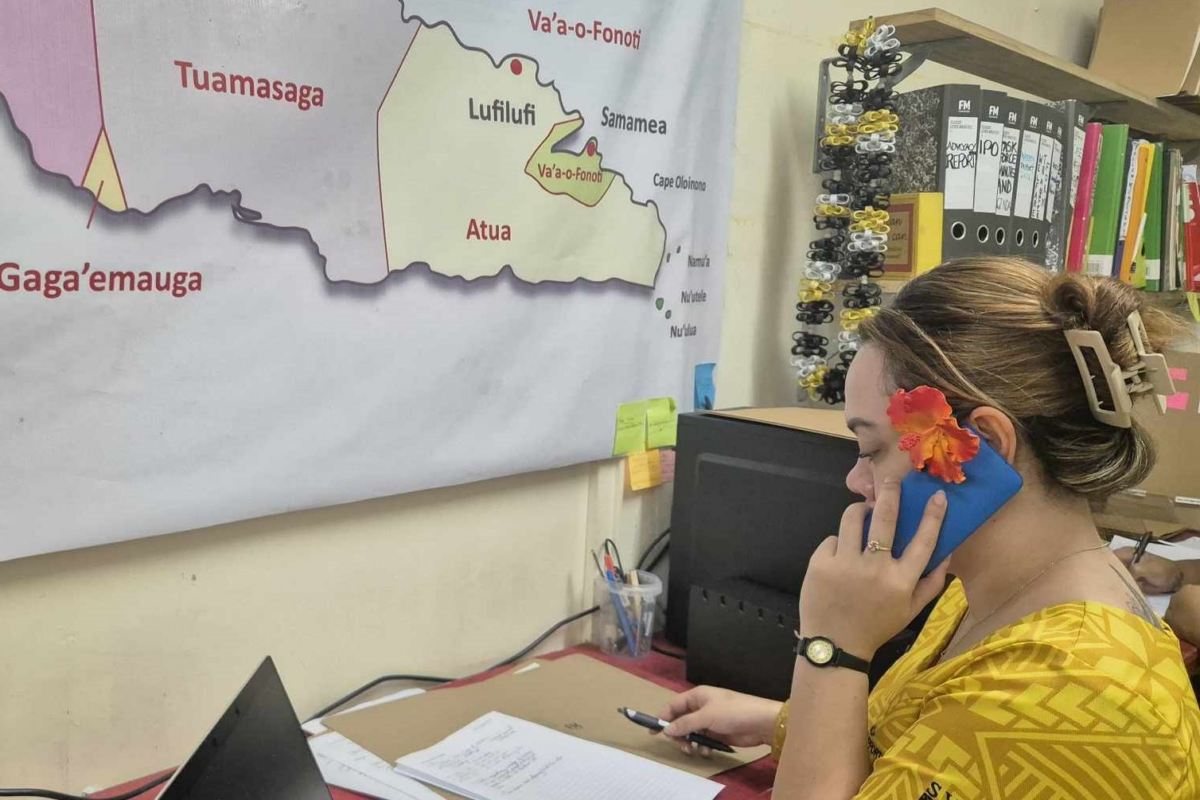
Is Suicide Decriminalised?
No
Are Crisis Lines Available?
Uncertain
National Suicide Prevention Strategy?
Uncertain
Population in Need of Support Per Year
Based on the WHO likely attempted suicide rate.
As a calculation of population size against suicide rate
Strength Of Support (Local Qualitative Assessment)
Population
Suicide Rate Per 100K Per Year, all Sexes (SDG 3.4.2)
Suicide Deaths Per Year (By Population)
The Gambia, officially known as the Republic of The Gambia, although mostly shortened to Gambia, is home to a rich tapestry of ethnic groups, including the Mandinka, Wolof, and Fula peoples. Located in West Africa, Gambia is unique for being a narrow strip of land on the western coast of Africa, surrounded on three sides by Senegal, with the Atlantic Ocean to the west.
Gambia's religious makeup is predominantly Islamic, with a smattering of Christian and Indigenous African beliefs.
Similarly diverse, the legal system is based on a combination of Common Law and Customary Law, with Islamic Law (Sharia) being invoked in matters where all participants are Muslim.
Like many other nations, Gambia inherited colonial-era Common Law from Britain. At that time, suicide was considered a criminal offence, and frequently, these historical laws remain on the statutes. This is the case in Gambia, where, under the Criminal Code Cap 37 Chapter XXIII s 206 attempting suicide can attract a prison sentence of up to two years, and the possibility of a fine.
The World Health Organization (WHO) advocates for the decriminalisation of suicide and suicide attempts. Finding out more and removing such laws removes stigma and allows avenues for providing appropriate mental health support to individuals in crisis.
Criminalising suicide punishes distress. Decriminalising suicide saves lives.






